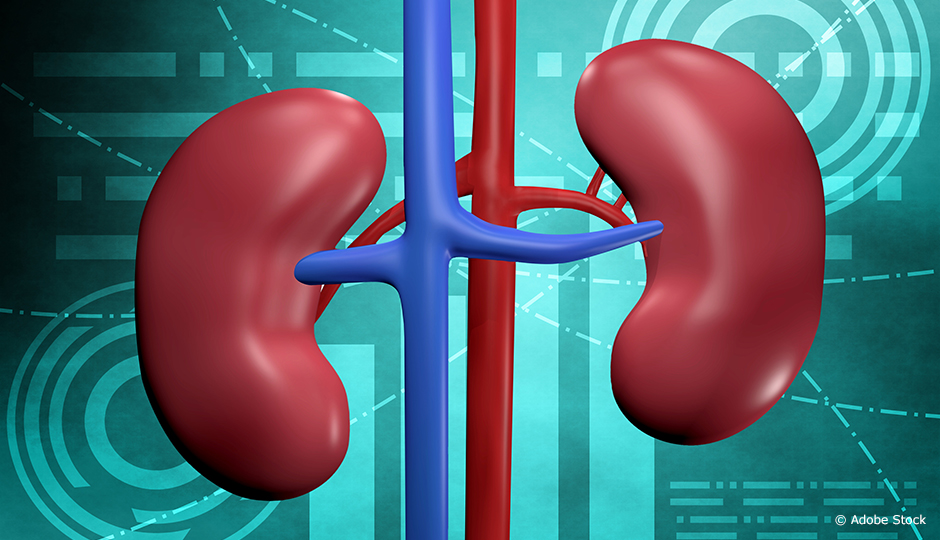For the Quebecers who are on the list for a kidney transplant, the wait is a long one: an average of 641 days before Transplant Québec finds them an organ. And it can’t be just any kidney! Organs from deceased donors may only function for a short amount of time due to factors including the donor’s age and general health. So, should patients reject these older models and stay on the waiting list? Not necessarily. For some, a donor kidney remains a good alternative to dialysis. For example, it may make sense for a 75-year-old to receive a higher risk kidney from an older donor who suffered from hypertension rather than waiting indefinitely for a kidney from a healthy young person. According to Héloïse Cardinal, transplant nephrologist, researcher at the CHUM Research Centre and professor at Université de Montréal, it is important to not only consider the donor’s characteristics but the recipient’s as well, including age, amount of antibodies and time spent on dialysis, which impact the success of the transplant.
It is important to not only consider the donor’s characteristics but the recipient’s as well, which impact the success of the transplant.
But how can these data be processed to help a patient decide whether to accept a higher risk kidney or turn it down in the hopes of receiving a better one in a reasonable time frame? And how can these data be clearly presented to the patient and physician, who then have so little time to make a decision? The key is artificial intelligence and machine learning.
Dr. Cardinal turned to Andrea Lodi, full professor in the Department of Mathematics and Industrial Engineering at Polytechnique Montréal and Canada Excellence Research Chair in Data Science for Real-Time Decision-Making, to analyze the profiles of a critical cohort of Americans who received a transplant between 2000 and 2015 and model the lifetimes of the kidneys based on several factors, specifically the characteristics of the donors and recipients. Using the machine learning algorithms they developed, the researchers aim to estimate the survival rate of a transplanted kidney. They also want to use Transplant Québec data to calculate the probability that a recipient will be better off passing on an organ and holding out for another one. The early models of the calculator are currently being tested, and Dr. Cardinal is confident they will help patients and transplant specialists choose the right kidney for the right recipient and also optimize transplant management.




